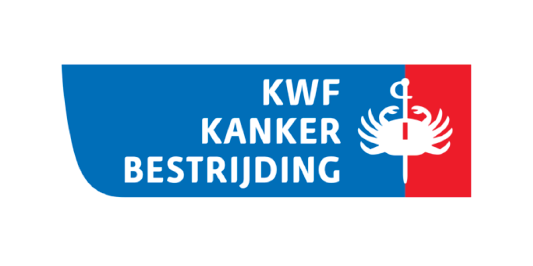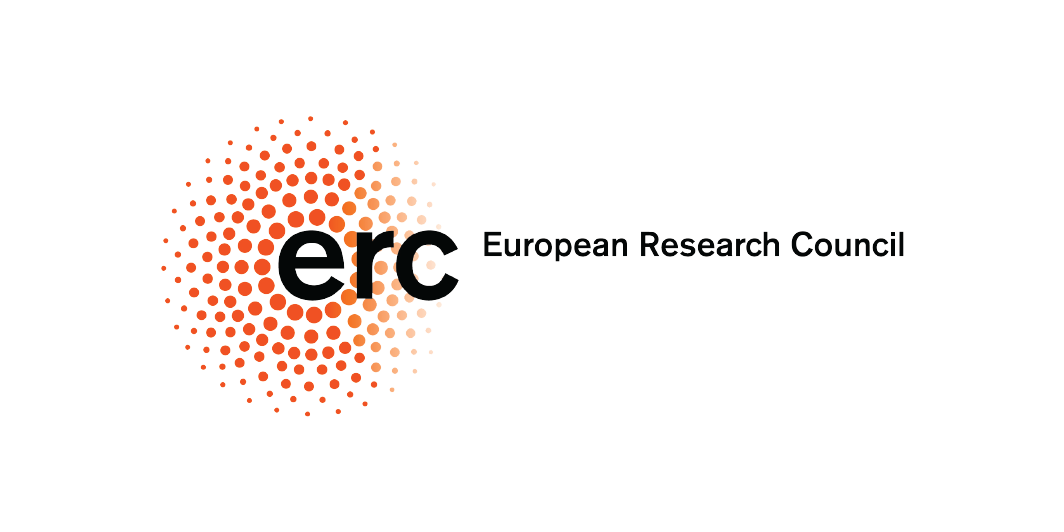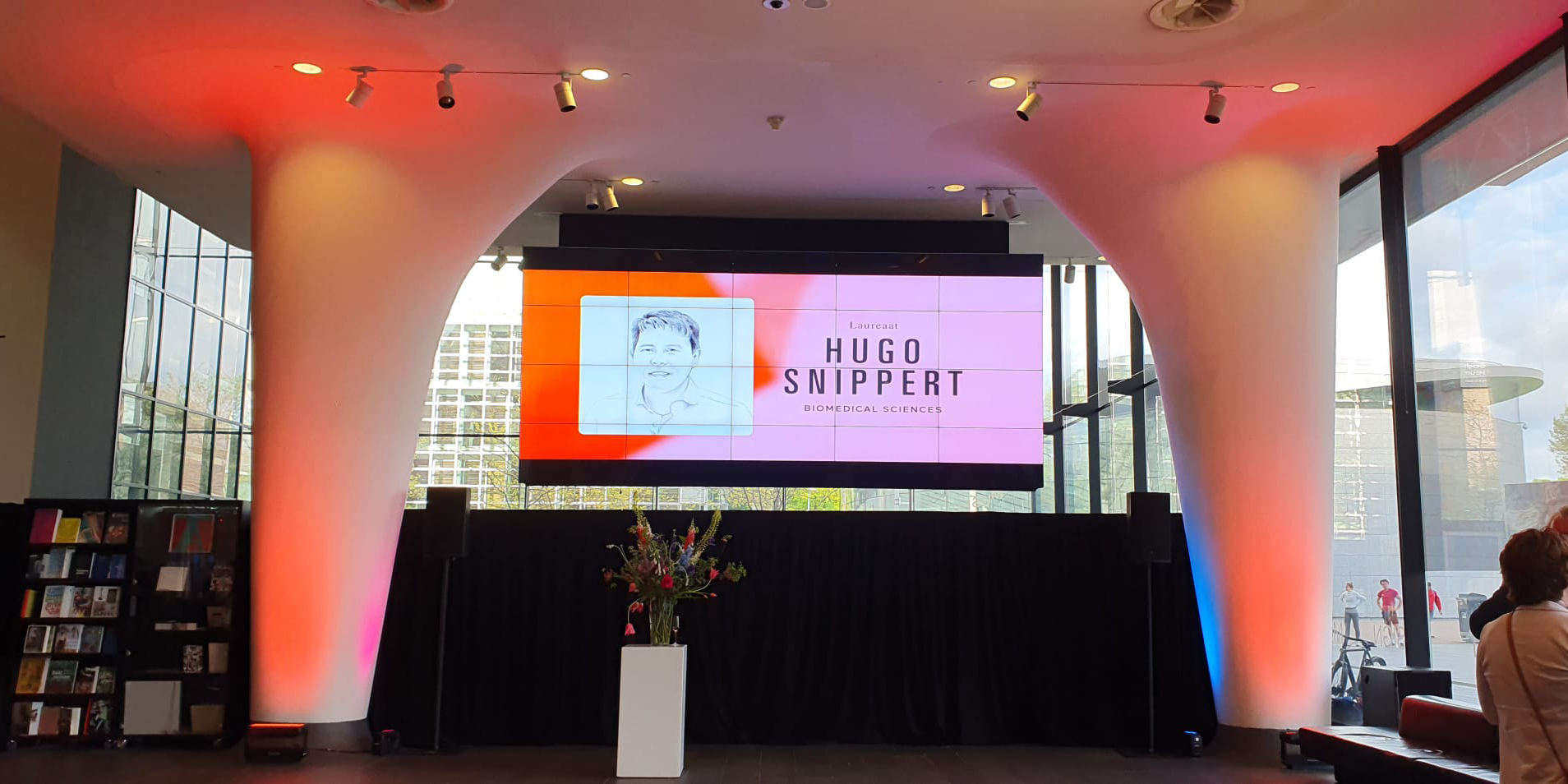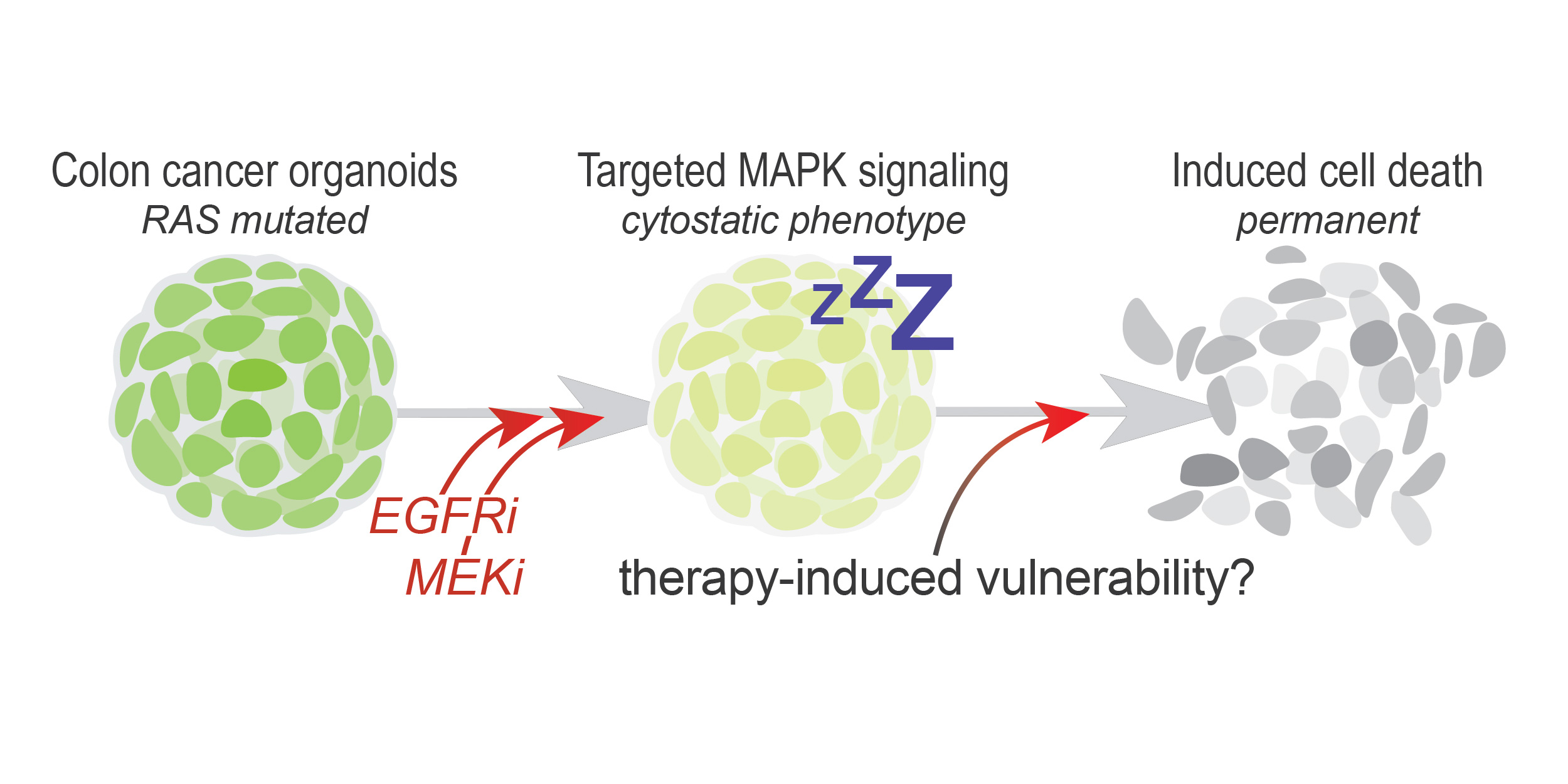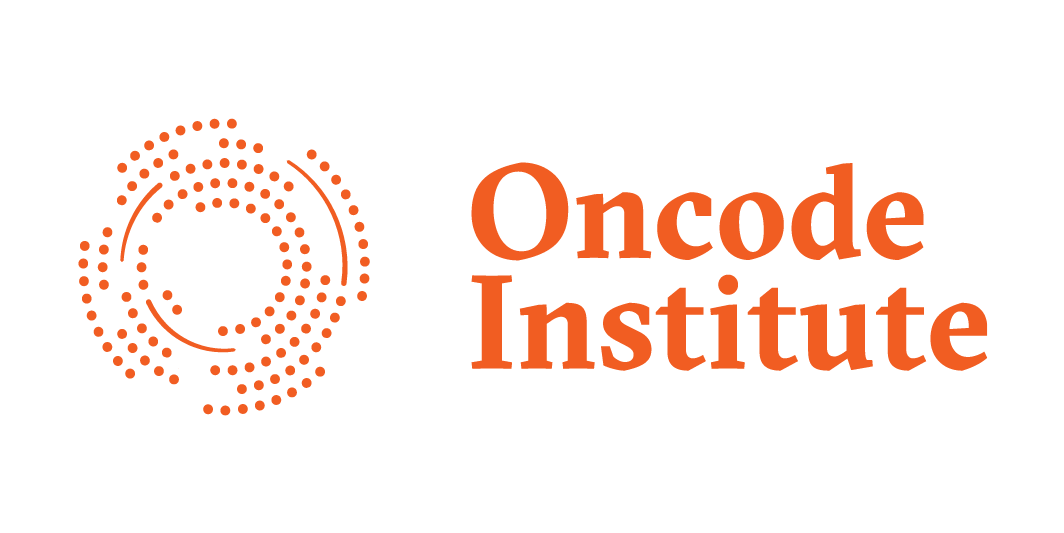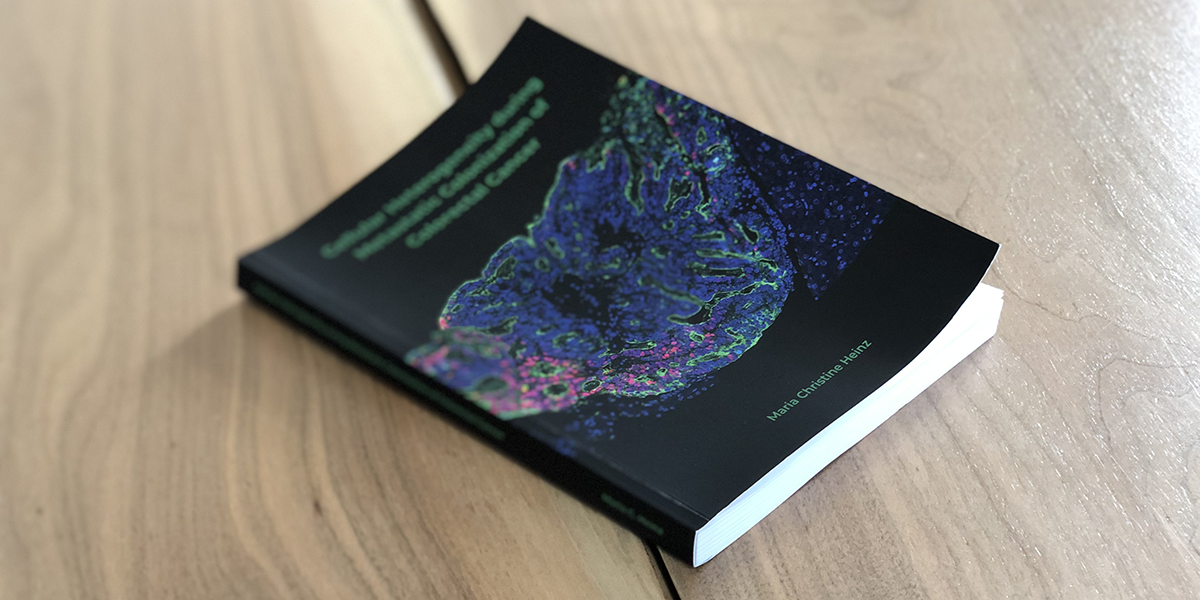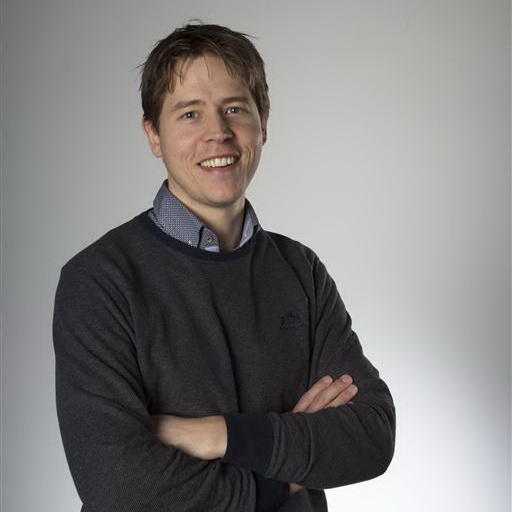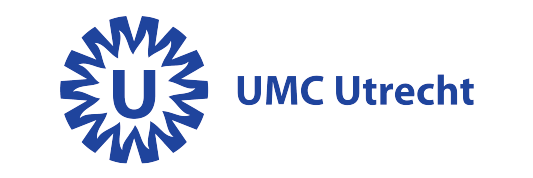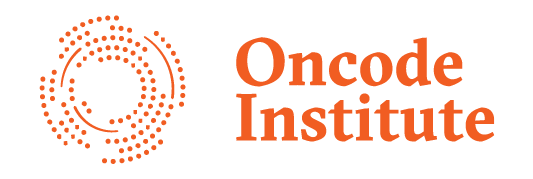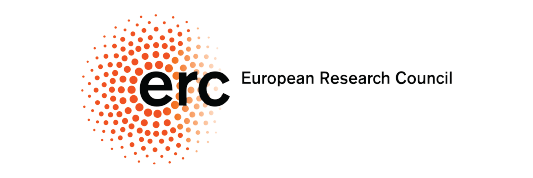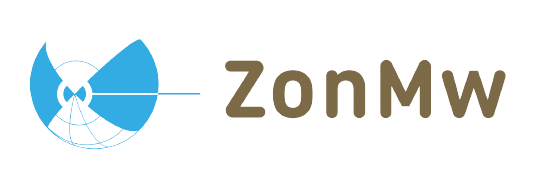Dr. Hugo Snippert is Group Leader at the department of Molecular Cancer Research within the Center of Molecular Medicine at the University Medical Center Utrecht. In 2017 he became an Oncode Investigator.
Hugo received his PhD (cum laude) in the lab of Hans Clevers (Hubrecht Institute) where he used advanced mouse genetics and microscopy to characterize (new) stem cell populations in the mouse intestine, skin and intestinal cancer.
His main interests relate to cell fate specifications and how multiple individual cells act in concert to secure tissue functioning. He is always looking for concepts and principles, with a strong emphasis on developing new technology.
He is recipient of prestigious grants like HFSP young investigators grant (2018), ERC starting grant (2018), ERC consolidator (2023) and NWO VIDI (2021).
